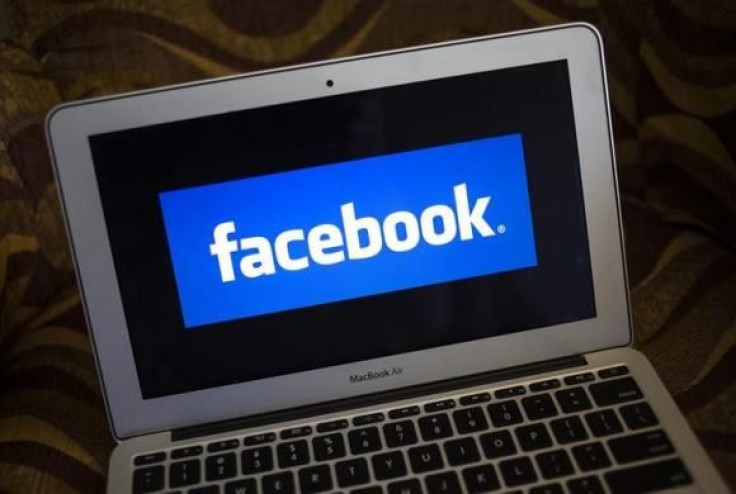Facebook Healthcare Rumors Raise Eyebrows With ACLU, Medical Privacy Advocates

Rumors that Facebook Inc. may be soon delve into health care has raised concerns among privacy advocates who warn entrusting what they see as a deceitful social network with sensitive medical data is a dangerous recipe -- one with a poor prognosis.
“I would be very worried about giving detailed and intimate medical information to Facebook,” said Christopher Calabrese, legislative counsel for the American Civil Liberties Union, who specializes in privacy-related issues. “Facebook, unfortunately, has a history of changing their standards for what they’re willing to keep private. Their business model is essentially built on exploiting the private information of people that they gather through their social networking posts.”
A Reuters report Friday cited anonymous sources as saying the Menlo Park, California, tech giant wants to create online “support communities” that would connect Facebook users suffering from various conditions. Facebook did not confirm the plan, but it did not deny it either. If it turns out to be true, it wouldn’t be surprising given recent health-based moves by Apple Inc. and Google Inc.
The website, which requires users to register under their real names -- though last week it pledged to modify that policy -- arguably knows more information about us than any company in the world. It knows our friends, our family, our Web-browsing and even eating habits. Calabrese said adding medical histories into such a broad information-collection environment could have “volatile” results.
“Not only is Facebook establishing your identity, but it’s linking all of this information together,” Calabrese said. “So even if they’re putting this on a separate page, or letting you use a pseudonym, they still know who you are.”
Not everyone thinks the idea is bad on its face. Michelle N. Meyer, director of bioethics policy at Union Graduate College’s Mount Sinai Bioethics Program, said medical data-sharing can offer potential benefits for both patients and science.
“Openly sharing such sensitive information online is the last thing many people would want to do, and it’s not for everybody,” she said. “But there are lots of reasons why many benefit from such [forums]. Connecting with others who share and can understand your experience can be psychologically critical, and for some ill people, such as those with limited mobility or rare conditions, an online forum may be the only feasible way of achieving this benefit.”
David A. Shaywitz, chief medical officer at DNAnexus, a Silicon Valley genomics data company, agrees. “I would be delighted to see Facebook enter health care in a serious way,” he said. “Few aspects of serious illness are more debilitating than the rending of a patient’s social fabric, and to the extent that, in the face of illness, Facebook can help patients maintain and strengthen existing relationships, and forge new ones; it’s a deeply valuable service.”
At the same time, both Shaywitz and Meyer stressed that, if it turns out the rumors of Facebook’s plans are true, the company would need to be “absolutely transparent” about what data it collects and with whom it shares the information.
It’s a point made particularly contentious in light of Facebook’s numerous privacy-related stumbles in the past, including a bombshell in June in which it was discovered to have manipulated the newsfeeds of thousands of users in a controversial mood experiment.
For now any specific details about Facebook’s rumored plans are hazy at best, but Calabrese said users should most definitely err on the side of caution if the plan becomes a reality. Even seemingly harmless information, he said, could lead to inferences that have unintended consequences.
“If you’re talking about your family’s history of disease -- or the fact that your father just had a heart attack -- when combined with lots of other personal information, you can enable a data-miner to make predictions about your health,” he said. “If I were advising someone, I would tell them that they should attempt to keep this information as anonymous as possible.”
Got a news tip? Email me. Follow me on Twitter @christopherzara.
© Copyright IBTimes 2024. All rights reserved.












